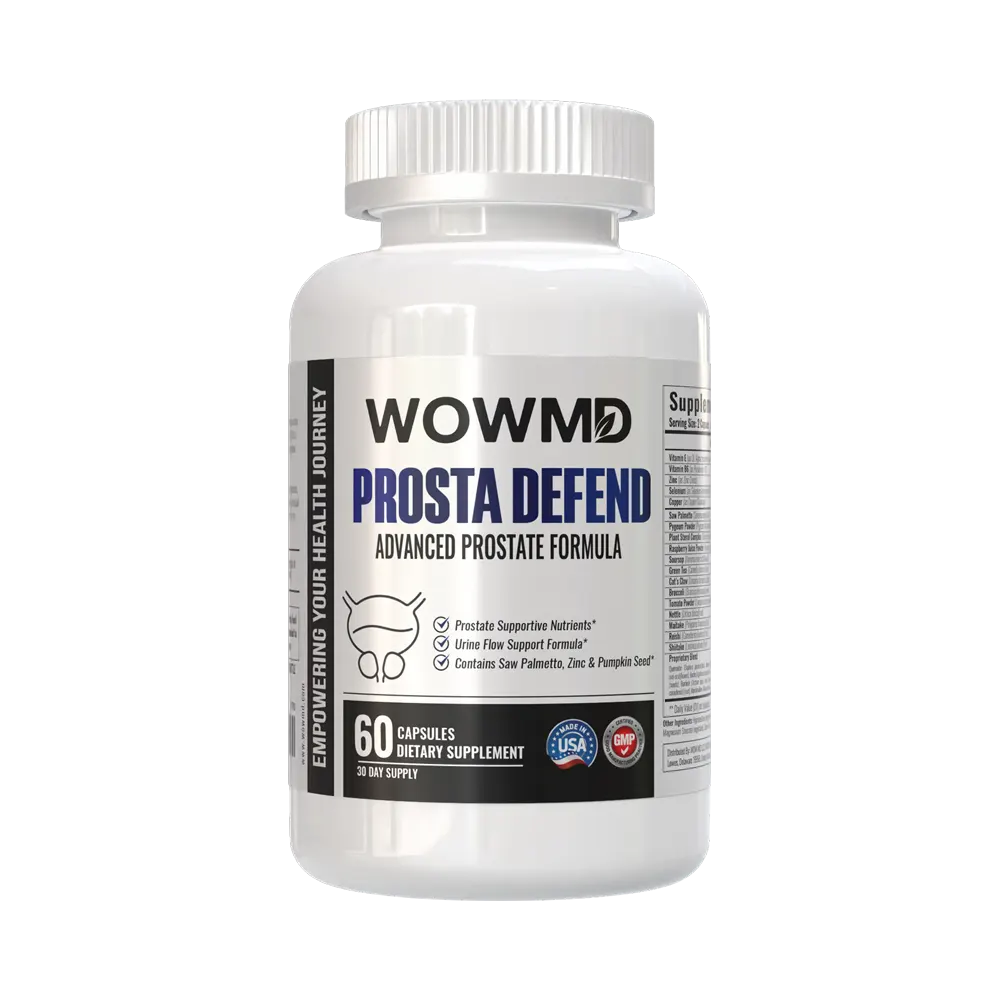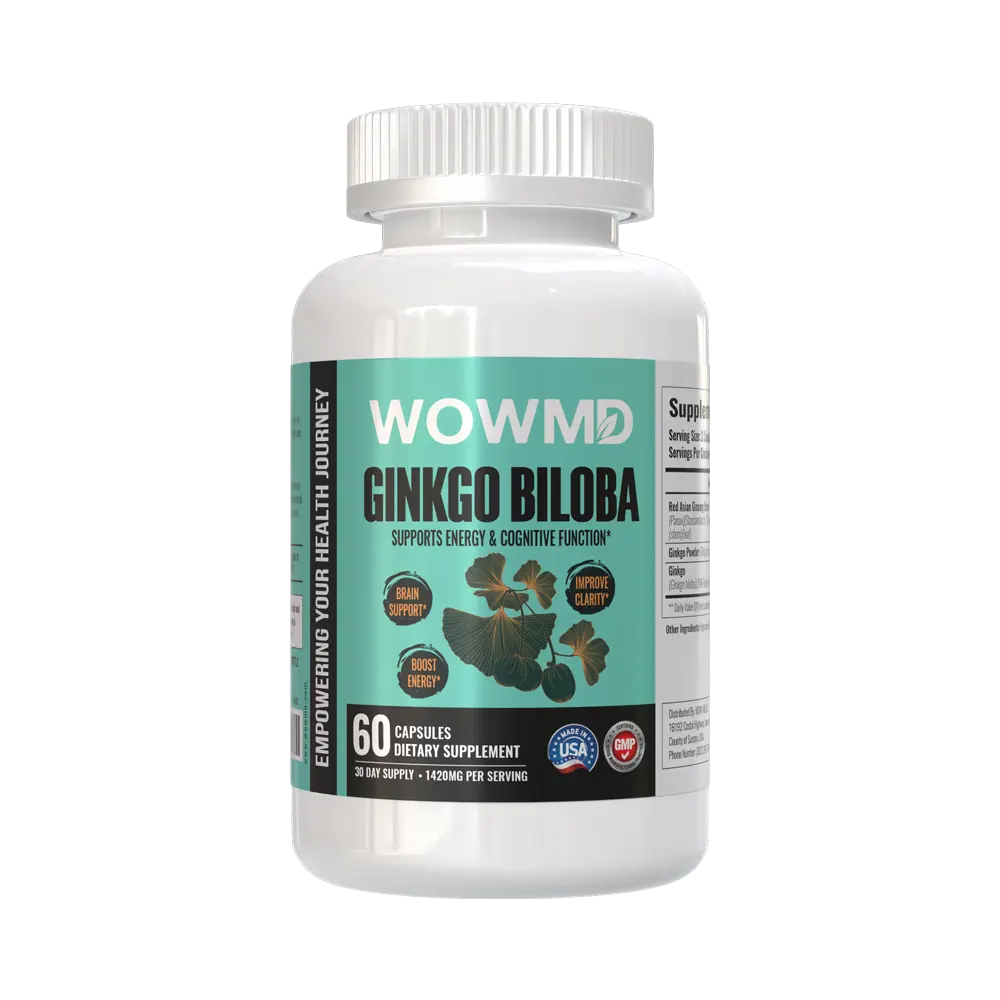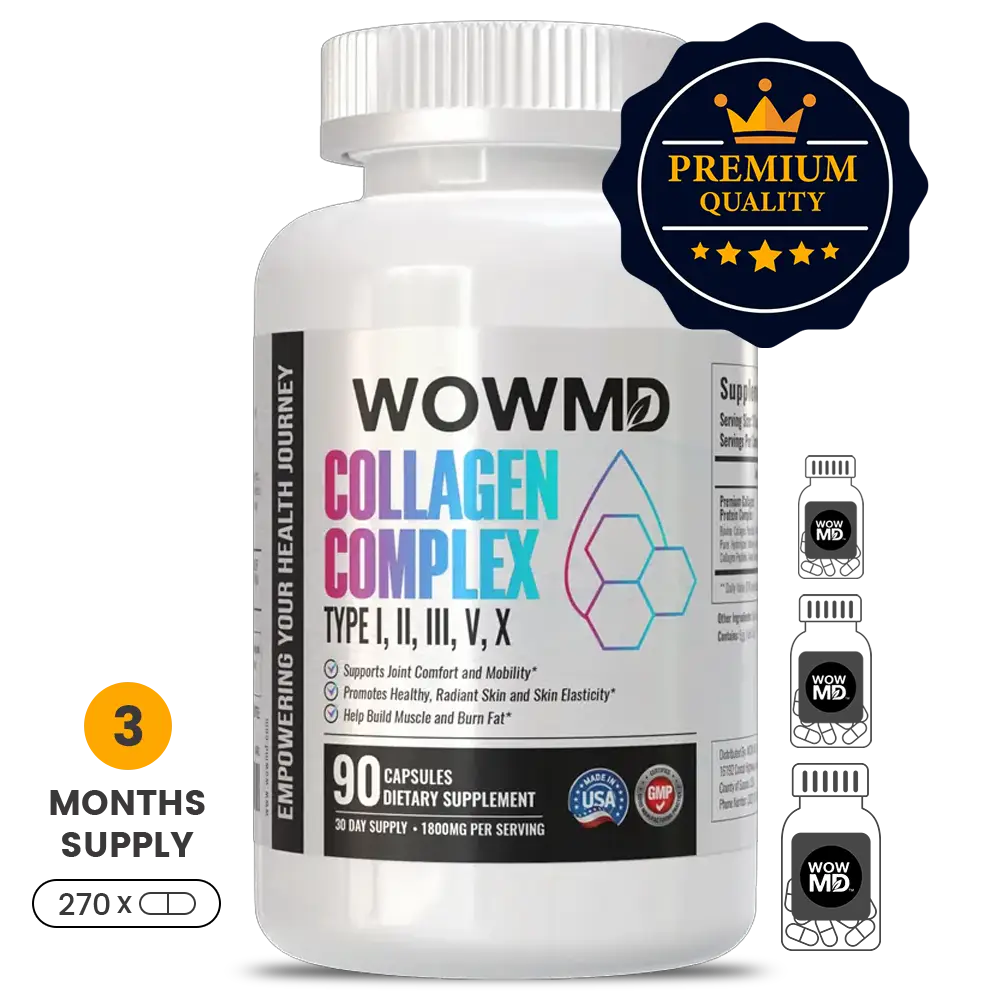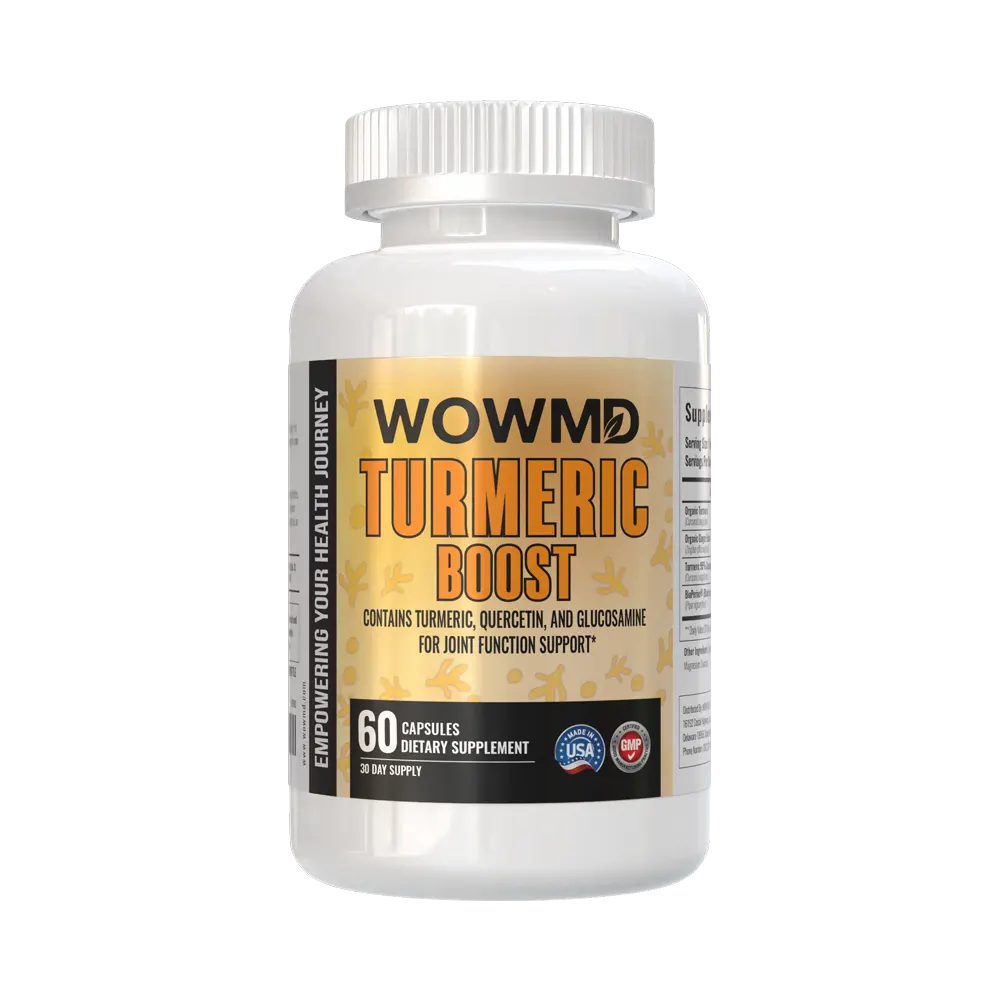L-arginine: Benefits, Dosage, Side Effects, and More
L-arginine, an essential amino acid aids in recovery during illness and may interact with some medications. Learn more about L-arginine here.
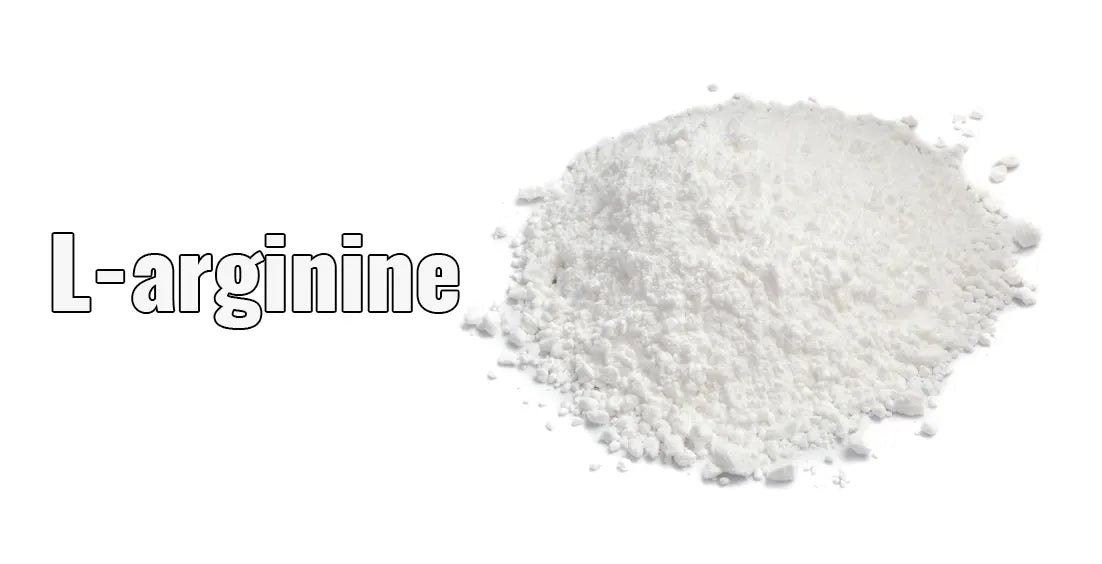
Popular Stories
- Iron Supplements for Vegans: Ensuring Healthy Iron Levels
- When Is the Best Time to Take Probiotics?
- Psyllium Husk for Cholesterol: How This Soluble Fiber Supports Heart Health
- Melatonin Benefits: For Sleep Support, Anti-Aging and Many More
- What Are The Benefits of Horny Goat Weed? Benefits and Uses
- Resveratrol vs Grape Seed Extract: Explained in Simple Terms
References
- Therapeutic Benefits of l-Arginine: An Umbrella Review of Meta-analyses - PMC (nih.gov) https://www.ncbi.nlm.nih.gov/pmc/articles/PMC5021928/
- REGULATION OF NITRIC OXIDE PRODUCTION IN HEALTH AND DISEASE - PMC (nih.gov) https://www.ncbi.nlm.nih.gov/pmc/articles/PMC2953417/
- Dietary L-Arginine Intakes and the Risk of Metabolic Syndrome: A 6-Year Follow-Up in Tehran Lipid and Glucose Study - PMC (nih.gov) https://www.ncbi.nlm.nih.gov/pmc/articles/PMC5758088/
- The effect of l-arginine supplementation on body composition and performance in male athletes: a double-blinded randomized clinical trial - PubMed (nih.gov) https://pubmed.ncbi.nlm.nih.gov/28120856/
- When Is It Appropriate to Use Arginine in Critical Illness? - Patel - 2016 - Nutrition in Clinical Practice - Wiley Online Library https://aspenjournals.onlinelibrary.wiley.com/doi/abs/10.1177/0884533616652576
- L-Arginine Modulates Glucose and Lipid Metabolism in Obesity and Diabetes - PubMed (nih.gov) https://pubmed.ncbi.nlm.nih.gov/27356939/
- L-arginine as dietary supplement for improving microvascular function - PubMed (nih.gov) https://pubmed.ncbi.nlm.nih.gov/27814280/
- The Potential Role of Arginine Supplements on Erectile Dysfunction: A Systemic Review and Meta-Analysis - PubMed (nih.gov) https://pubmed.ncbi.nlm.nih.gov/30770070/
- Efficacy of L-arginine for preventing preeclampsia in high-risk pregnancies: A double-blind, randomized, clinical trial - PubMed (nih.gov) https://pubmed.ncbi.nlm.nih.gov/27003763/
- L-Arginine: MedlinePlus Supplements https://medlineplus.gov/druginfo/natural/875.html
- The Effects of Oral l-Arginine and l-Citrulline Supplementation on Blood Pressure - PMC (nih.gov) https://www.ncbi.nlm.nih.gov/pmc/articles/PMC6683098/
- Pharmacokinetic and pharmacodynamic properties of oral L-citrulline and L-arginine: impact on nitric oxide metabolism - PMC (nih.gov) https://www.ncbi.nlm.nih.gov/pmc/articles/PMC2291275/
- l-Citrulline supplementation improves O2 uptake kinetics and high-intensity exercise performance in humans | Journal of Applied Physiology https://journals.physiology.org/doi/full/10.1152/japplphysiol.00192.2014


 Skin Detoxification Bundle
Skin Detoxification Bundle Complete Weight Loss Bundle
Complete Weight Loss Bundle Heart Care Bundle
Heart Care Bundle Better Immunity Bundle
Better Immunity Bundle  Men's Immunity & Prostate Health Bundle
Men's Immunity & Prostate Health Bundle Stress + Energy + Wellness Combo
Stress + Energy + Wellness Combo  Energy Booster Combo
Energy Booster Combo Natural Skin Care Bundle
Natural Skin Care Bundle Workout Supplements Combo
Workout Supplements Combo Cognitive Health & Vision Combo
Cognitive Health & Vision Combo Joint Health Support Combo
Joint Health Support Combo
